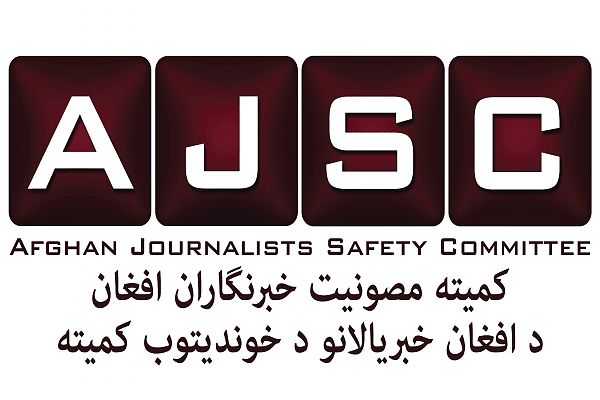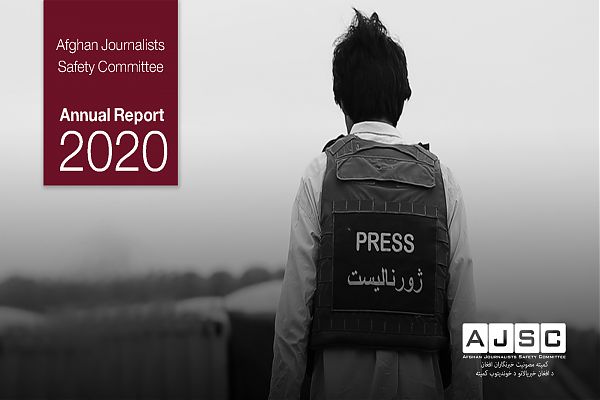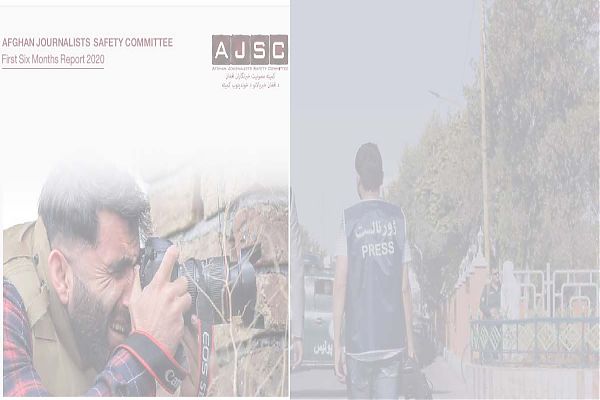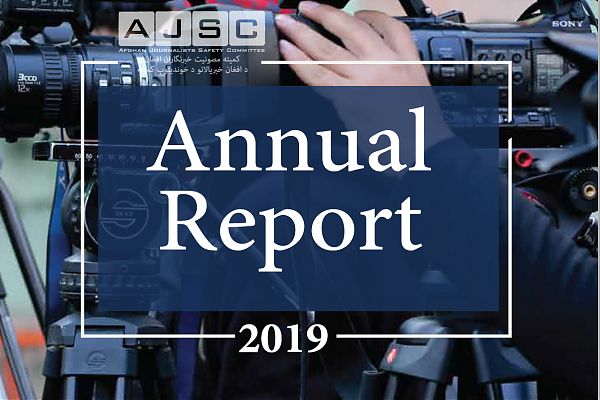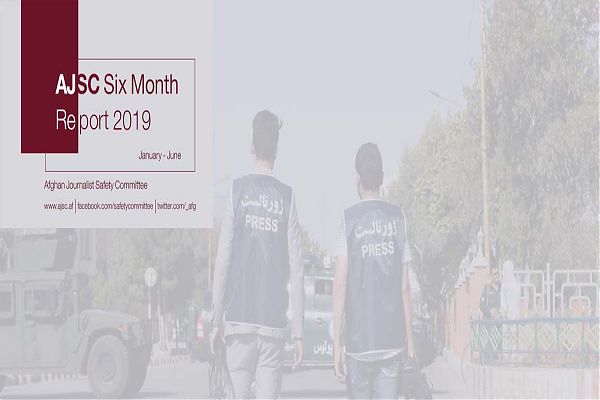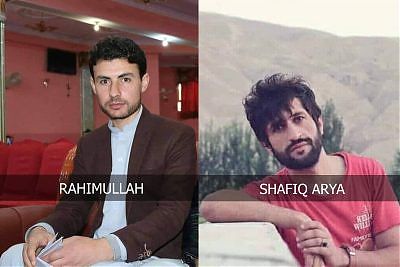The year 2013 is perceived as one of the challenging years for Afghanistan’s media. During this year the challenges facing the media have overshadowed the achievements of this sector. Escalation of violence against journalists, increased sense of indifference towards the perpetrators of violence against media workers and the culture of impunity, Afghan government’s efforts to pose further limitations to media and journalists’ work, the parliament’s hostile stand against freedom of expression and press freedom, the ambiguity surrounding the future of Access to Information Act and Journalists’ Code of Conduct, and the exacerbation of the financial challenges of media organizations are among the issues contributing to the increased limitations against media and overall journalism as a profession.
More importantly, in all major discourses during this year, there have been minimal and almost no discussions about the future of media and freedom of expression as one of the biggest achievements of the country in the past ten years. The challenges and threats facing the future of this profession are increasingly being ignored and the candidates of presidential elections in their agendas have given no priority to the future of this profession so far. In the absence of keen attention, the future of media and freedom of expression will be in jeopardy and the profession may suffer big damages should the current disinterest continue.
At the same time, for the first time in the past ten years a provocative remark by one of the participants of a roundtable discussion about ethnic matters elicited a national level uproar deepening ethnic differences in an unprecedented scale. Although the Afghan government’s measures subsided the uproar, the incident should be seen as an alarm and utmost attention should be paid to the fact that media can lead Afghanistan to the verge of uncontrollable crisis if they ignore professionalism.
On the other hand, the presidential elections in April 2014 and the parliamentary elections in 2015 present yet another test to media. Since press coverage of elections constitutes one of the most crucial and sensitive aspects of journalism, journalists and media managers should make sure that their work remains professional and inadvertent errors are avoided.
This is Afghan Journalists Safety Committee’s second six-month report that depicts the situation of media and safety of journalists in the second half of 2013. It also provides statistics and a brief description of the cases of violence against journalists. Owing to the paramount importance of the election coverage by the media, a significant portion of this report has been dedicated to highlighting the media coverage of the previous elections in Afghanistan and the weaknesses of Afghan media in covering elections. Meanwhile, given the increasing importance of social media in Afghanistan, the report also briefly covers the growth of social media and their role in elections.
It is worth mentioning that AJSC records and presents the cases of violence against journalists in accordance with its policies and procedures which means that AJSC has a specific definition for ‘journalist’ and ‘media worker’; thus, cases where the legal status of the victim does not conform to AJSC’s definition, have not been recorded.
Note: To read the full report, click here.

